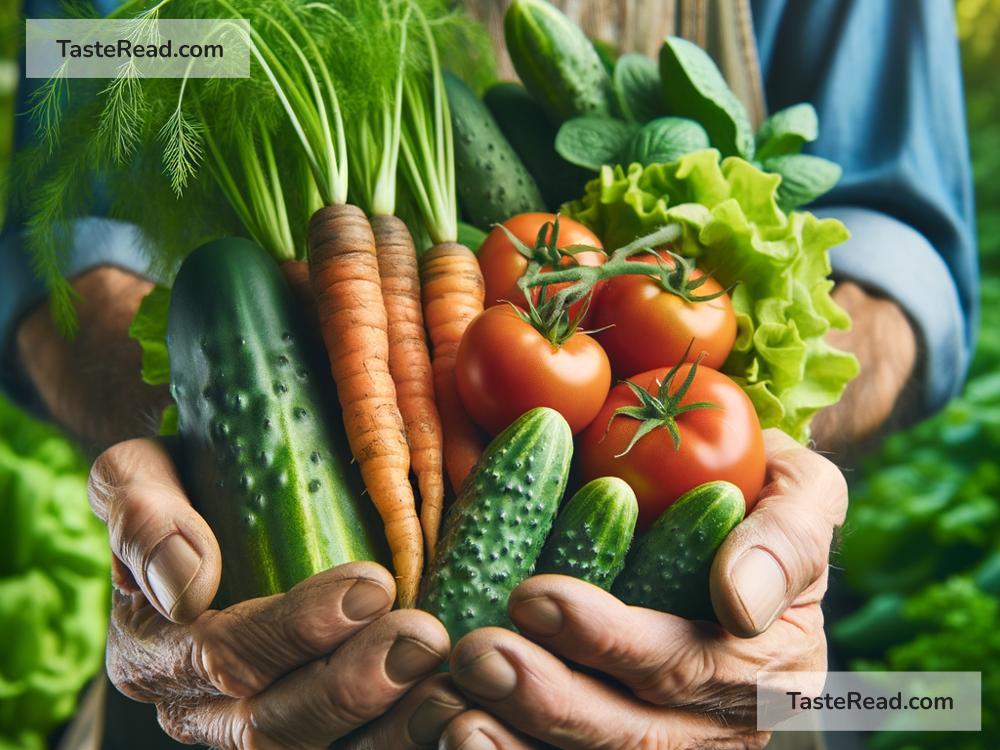How To Source Products From Small-Scale, Ethical Farmers: A Simple Guide
In a world where industrial-scale agriculture increasingly dominates our food systems, finding and sourcing products from small-scale, ethical farmers might seem like a daunting task. However, making the choice to purchase from these producers not only supports sustainable agricultural practices but also contributes to a healthier planet and community. If you’re wondering how to start, here’s a straightforward guide to sourcing products from small-scale, ethical farmers.
Why Choose Small-Scale, Ethical Farmers?
Before diving into the “how,” let’s briefly touch on the “why.” Small-scale, ethical farmers typically use practices that are better for the environment, such as avoiding pesticides, conserving water, and promoting biodiversity. Moreover, purchasing from these farmers helps support local economies and ensures that you’re getting the freshest, most nutritious produce possible. It’s about making a conscious choice towards a more sustainable and health-oriented lifestyle.
Step 1: Do Your Research
The first step in sourcing products from small-scale, ethical farmers is doing your homework. Search online for local farms, read about their farming practices, and check out any reviews or testimonials. Look for certifications like organic, biodynamic, or Rainforest Alliance that might align with your values. Social media platforms and online forums are also great places to discover and connect with small-scale farmers in your area.
Step 2: Visit Farmers’ Markets
Farmers’ markets are treasure troves for finding locally sourced, ethically produced goods. They provide an opportunity to meet farmers face-to-face, ask questions about their practices, and learn more about where your food comes from. Plus, you can often find a diverse selection of products, from fruits and vegetables to dairy, meat, and artisanal goods, all under one roof.
Step 3: Join a CSA Program
Community Supported Agriculture (CSA) programs are an excellent way to build a direct relationship with a farmer. By joining a CSA, you pay a subscription fee at the beginning of the growing season in exchange for a regular share of the farm’s harvest. This not only ensures you get fresh, seasonal produce but also helps provide the farmer with a stable income. It’s a win-win for both parties.
Step 4: Explore Co-ops and Specialty Shops
Many cooperative grocery stores and specialty shops prioritize stocking products from local, ethical sources. These establishments often have stringent criteria for the producers they work with, ensuring that you’re purchasing high-quality, sustainably farmed goods. Don’t hesitate to ask store employees for more information about the origins of the products.
Step 5: Connect Directly With Farmers
With today’s technology, it’s easier than ever to connect directly with farmers. Many small-scale producers have websites or social media profiles where they share information about their practices and how to purchase their products. Some may offer delivery services or have arrangements for pickup directly from the farm. Reaching out directly not only gives you a deeper understanding of their operations but also helps build a meaningful relationship between you and your food provider.
Step 6: Educate Yourself on Seasons and Locality
To truly support small-scale, ethical farming, it’s important to understand the seasons and what can be grown locally in your area. This might mean adjusting recipes or meal plans based on what’s currently available. Eating seasonally not only reduces the carbon footprint associated with food transportation but also ensures you’re enjoying produce at its peak freshness and nutritional value.
In Conclusion
Sourcing products from small-scale, ethical farmers may require a bit of extra effort compared to simply shopping at a supermarket. However, the benefits to the environment, your local community, and your health are immeasurable. By following these steps, you can make more informed, conscious choices about the food you consume and foster a more sustainable food system, one purchase at a time. Remember, every small action counts. Together, we can make a big difference.


